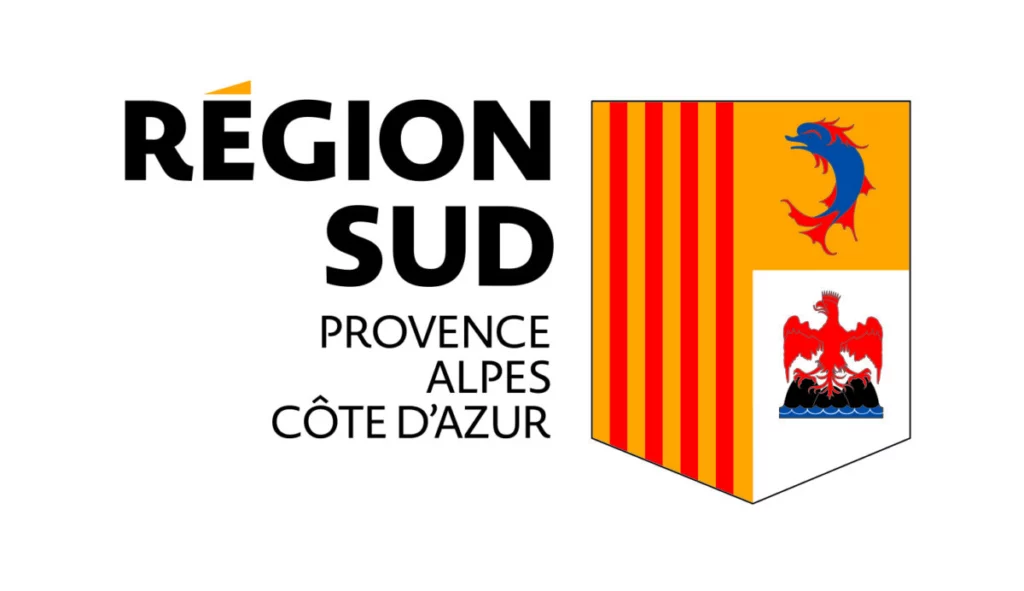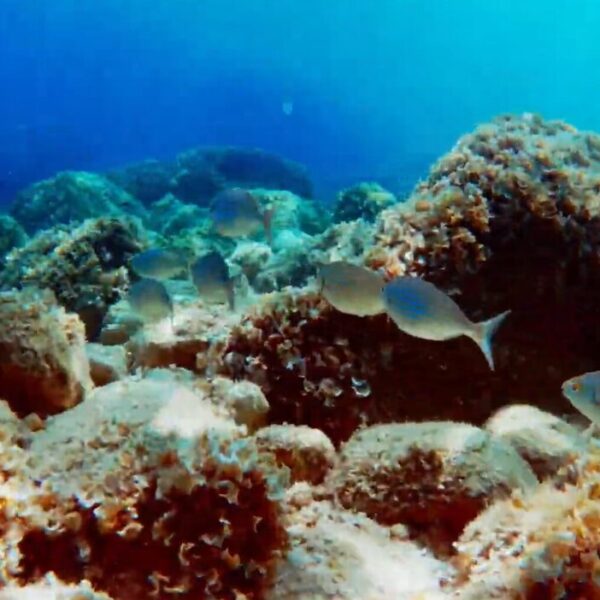On the diplomatic front, with over 120 countries represented, the UN Ocean Conference (UNOC 3) held in Nice in early June 2025 was a success. Among the concrete commitments, 95 countries signed the Nice Declaration for an ambitious treaty against plastic pollution. A network of green ports has been launched to decarbonize maritime activities. Major energy and digital interconnection projects were announced, including Medusa/GEANT and the India-Middle East-Europe corridor. For the Mediterranean delegations, this summit was primarily an opportunity to highlight the climate urgency and local concrete initiatives.
By Olivier Martocq

The column "A Fragile World" will be dedicated from May 29 to June 19 to the 3rd United Nations Conference on the Ocean (UNOC3). It will be freely available in the 22 countries around the Mediterranean and in 11 languages thanks to our partner, the Région Sud.
Croatia, Cyprus, Greece, Italy, Libya, Malta, Morocco, Portugal, Tunisia, and the European Union – and of course France, the host of the event: the Mediterranean was strongly represented at UNOC 3. Alongside the official conference, the summit "For a More Connected Mediterranean" allowed these coastal countries to present a common agenda focused on maritime, energy, and digital connectivity, as well as the decarbonization of ports.
Among the notable announcements was the creation of a port working group involving Marseille, Algeciras, and Beirut to equip ships with shore power. The goal is to drastically reduce air pollution during port calls and more broadly greenhouse gas emissions in highly exposed basins like this closed sea. Projects for energy interconnection corridors were also praised, particularly between Greece, Cyprus, Egypt, and Europe. The launch of the Medusa/GEANT digital cable between the two shores aims to reduce the digital divide.
Local initiatives ahead of states
Beyond these "diplomatic successes" for many participants, the essence lies elsewhere. On the ground, it is the local authorities and engaged actors who are deploying real solutions. "Fortunately, there are local actions, because this type of summit does not lead to anything concrete," asserts Renaud Muselier. And the president of the Provence-Alpes-Côte d'Azur Region cites measures already implemented in his region, such as the "zero smoke" program in ports, which was a pioneer in its field. Or the clean engines for recreational boats that are currently being tested with boating federations. Not to mention the concrete measures for enhanced protection of posidonia meadows. "We are leading the dance," he insists.
The same sense of urgency is echoed by Christophe Madrolle, president of the Sea and Coast Commission of the same region. He highlights three key points from the summit: "the political affirmation of urgency, the central role of scientists in the debates, and the global awareness of the impact of climate change on coastlines."
Multiplying connections to repair the blue planet
The voice of research and innovation has been heard. For Natalie Quévert, project manager of the Sea Index, an environmental assessment tool developed by the Yacht Club of Monaco, UNOC has been a "catalyst." "There were many meetings, presentations, and debates that allowed us to present this first independent and transparent rating system assessing the environmental impact of yachts over 24 meters. Reducing energy intensity also means reducing noise," she emphasizes, pleased to see noise pollution rising to the top of agendas.
Engaged in funding scientific projects, Thomas de Williencourt, director of the Pure Ocean Fund, found at the Blue Economy & Finance Forum the opportunity to convince companies "to integrate blue into their strategy." He continues: "The summit played a bridging role: 100% of the media talked about the ocean, I find that remarkable."
On the NGO side, there is a tempered hope amid demands. Adrien Piquera, president of the Nature Peinture cooperative, praises the Nice Declaration on plastic, signed by 95 countries. But he calls for going further: "We need an ocean law." Denouncing the absence of major plastic producers like the United States, China, or petro-monarchies, he advocates for international governance of common goods. "Today, we have the right to destroy the sea without being worried, and that poses a problem for me."
In exposed territories, the alert is constant. Anne Claudius-Petit participated in the meeting of the world's deltas: "The Camargue falls into this category of lands barely above sea level, directly threatened by climate change that triggers rising waters." For the president of the Camargue Regional Natural Park, the summit's interest was in allowing territories to forge technical alliances based on shared experiences: "Meeting decision-makers who share these concerns is essential."
The Mediterranean, a small sea with great stakes
The Nice summit highlighted the Mediterranean as a laboratory for transitions and vulnerabilities. "A closed sea, but connected to the world," as the Maltese ambassador for ocean affairs reminded. Vanessa Frazier thus calls for making the Mediterranean "a corridor of cooperation." While UNOC 3 opened pathways, each coastal country primarily highlighted concerns often linked to endogenous factors. Thus, Greece focused on the ratification of the BBNJ agreement, the need to protect 30% of marine areas by 2030, and the rise of green technologies in maritime transport. Lebanon, although absent from any official declaration, highlighted, through its Minister of the Environment Tamara El Zein, its National Strategy 2024 for waste management as a response to the large-scale plastic pollution of its coasts. Italy, which has not ratified the high seas treaty, nonetheless emphasized that "the Mediterranean is a shared space and destiny" and its Minister of Foreign Affairs and International Cooperation, Antonio Tajani, announced the first Euro-Mediterranean Water Forum in Rome in October 2026. The final word for this UNOC 3 summary goes to Franco-Algerian artist Yacine Aït Kaci, founder of the Archipel project: "At the level of civil society mobilization […] I believe something really happened in Nice, and thus, in the world."

Featured photo: Adrien Piquera, president of the Nature Peinture cooperative calls for going further: "We need an ocean law." © DR
